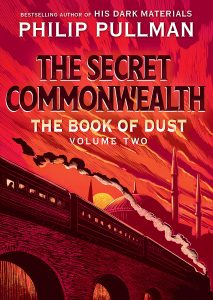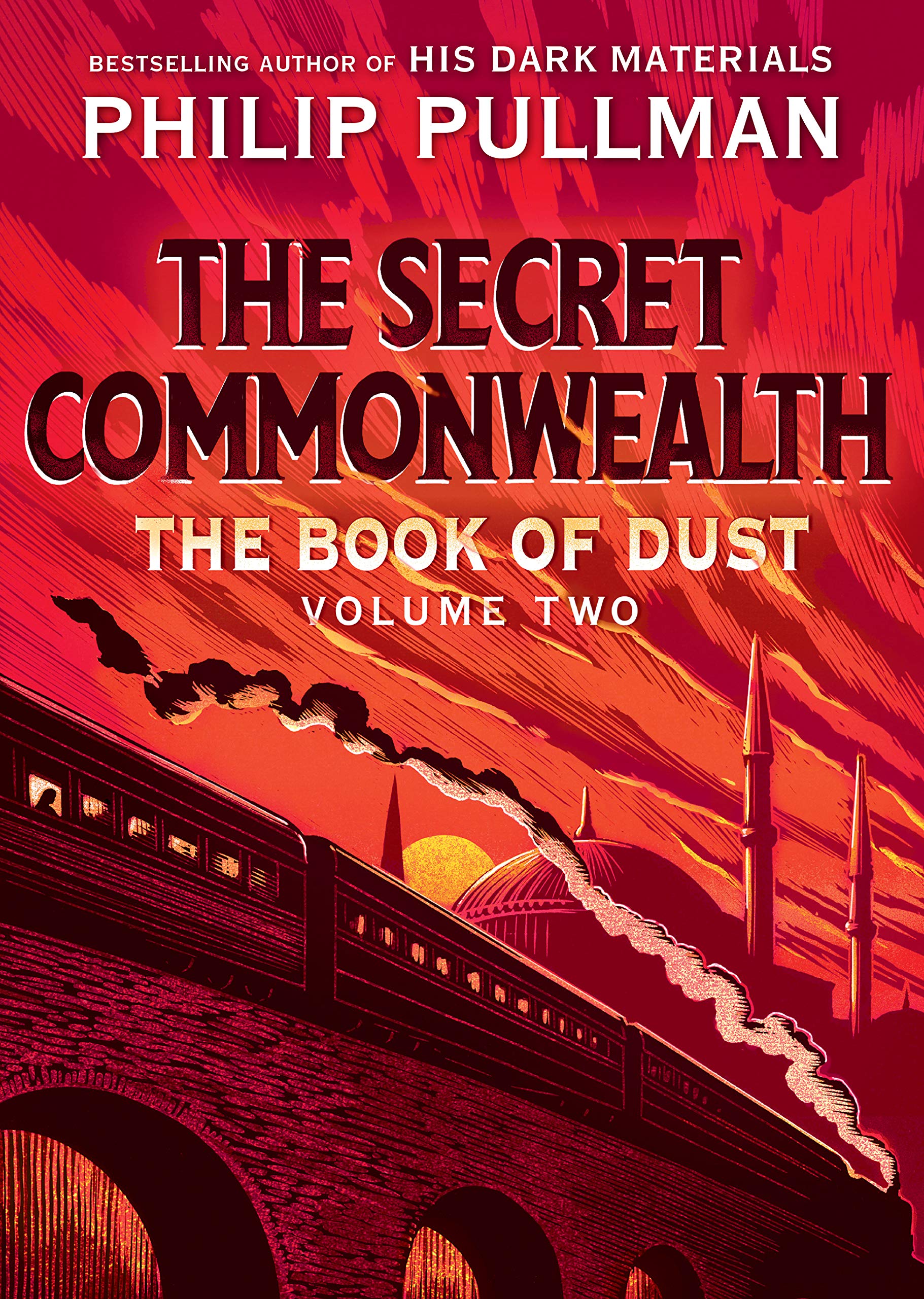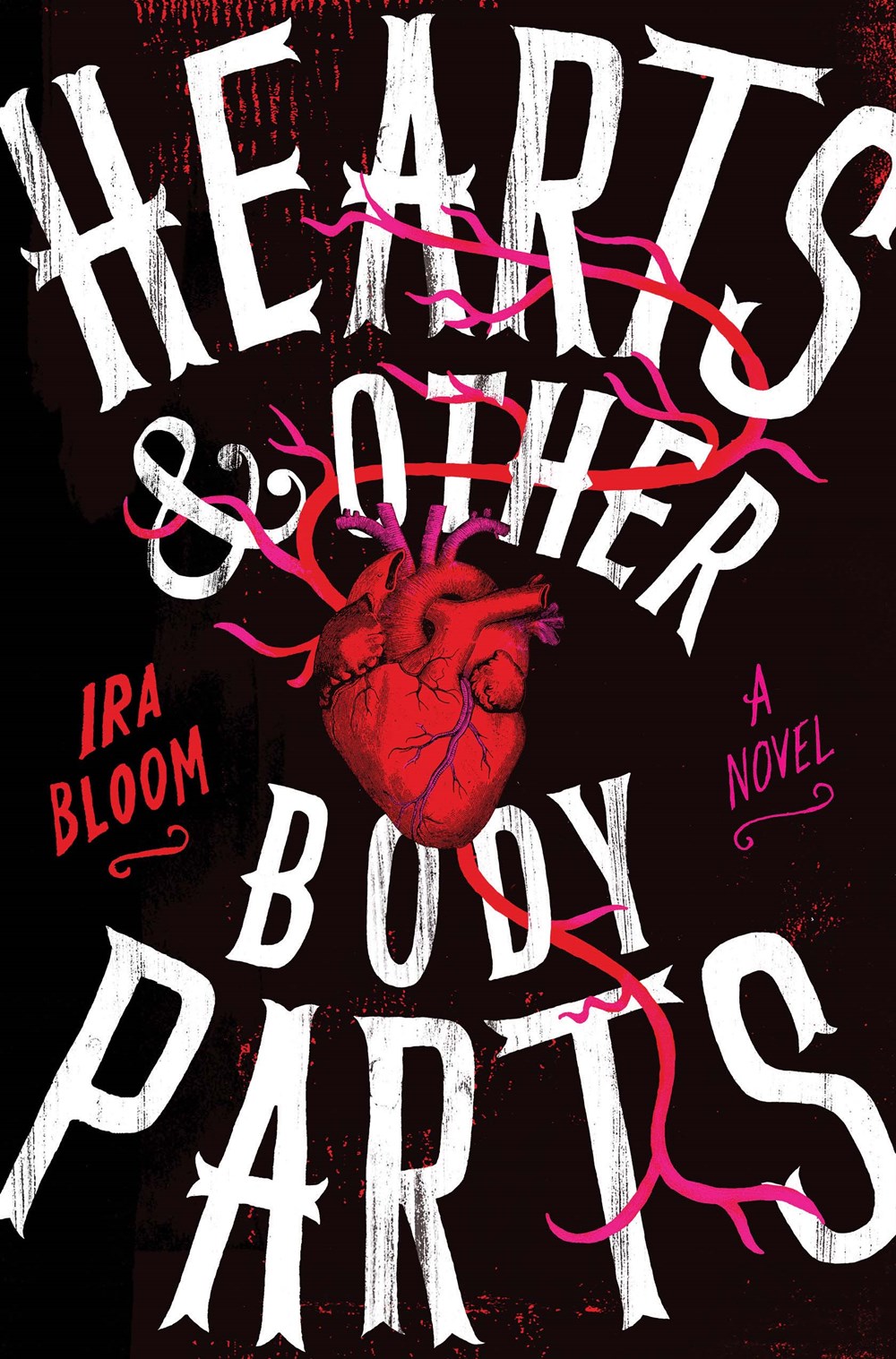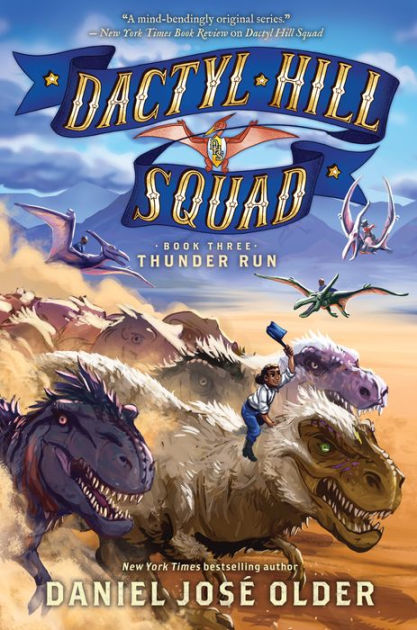 In 2017, fans of Philip Pullman’s His Dark Materials trilogy were treated to a surprise when the author announced the impending publication of La Belle Sauvage, the first book in a related series called The Book of Dust. Some fans greeted the news with a bit of trepidation. After all, it had been almost 20 years since the publication of The Amber Spyglass, and it’s not unusual for creators to receive criticism for overworking the stories and worlds their fans know and love. (Look no further than the endless critiques directed at J.K. Rowling for her post–Harry Potter and the Deathly Hallows writings about the wizarding world.)
In 2017, fans of Philip Pullman’s His Dark Materials trilogy were treated to a surprise when the author announced the impending publication of La Belle Sauvage, the first book in a related series called The Book of Dust. Some fans greeted the news with a bit of trepidation. After all, it had been almost 20 years since the publication of The Amber Spyglass, and it’s not unusual for creators to receive criticism for overworking the stories and worlds their fans know and love. (Look no further than the endless critiques directed at J.K. Rowling for her post–Harry Potter and the Deathly Hallows writings about the wizarding world.)
As it turns out, such fears were unfounded. La Belle Sauvage takes place when the main character of His Dark Materials, Lyra, is just a baby, and while there is plenty of engagement with characters and topics of the earlier trilogy, the bulk of the story is focused on two new young characters, Malcolm and Alice, who are instrumental in securing young Lyra’s place at Oxford, where we meet her at the beginning of The Golden Compass. Really, La Belle Sauvage reads like a great standalone, although it is of course enriched by the knowledge of Lyra’s later adventures.
In The Secret Commonwealth, Pullman again asks his fans to take a leap of faith. The novel opens roughly a decade after the events of The Amber Spyglass: Lyra is 20 years old, a student at Oxford herself, and constantly fighting with her daemon, Pan. For fans of the original series, the rift between Lyra and Pan is distinctly painful. Many readers may feel just as Pan does – that they don’t know who Lyra is anymore.
This conflict forms the heart of the book, which utterly leaves behind any pretension that it’s a children’s novel. (Not that The Amber Spyglass really felt like it was for children either.) If “new adult” had ever caught on as a genre, this would be it; it reads like it was written for grown-ups who loved The Golden Compass as children and are now in their twenties themselves. I don’t mean to imply that younger readers can’t or won’t enjoy this book – I’m sure many will! But I think it will be different than many people are expecting.
One thing I really loved was the rich intertextuality of The Secret Commonwealth. A major factor in the rift between Lyra and Pan is a book she read and was heavily influenced by, one in which the characters kill God, which is, if you remember, exactly what Lyra and Will do in The Amber Spyglass, a parallel that leads to some really rewarding thinking about reading, belief, and magic. With aspects like this, the book begs to be analyzed at the same time as it decries intellectualism without enchantment… I swear, I’m changing my dissertation topic now.
I should note, too, that while La Belle Sauvage could be enjoyed without reading His Dark Materials, optimal enjoyment of The Secret Commonwealth almost requires reading all four of the previous novels. The events of the original trilogy are crucial to the plot of The Secret Commonwealth, and since an adult Malcolm is a POV character in this book, some familiarity with who he is as a person keeps it from being too weird that he has feelings for Lyra. (Don’t get me wrong, it’s still weird. I’m waiting to see where Pullman goes with this.) If you don’t “know” Malcolm from La Belle Sauvage, he’s just a man in his early thirties in love with someone 11 years younger.
Besides their personal conflicts, Lyra and Pan are caught up in the latest machinations of the Magisterium after Pan witnesses a murder, drawing them both into a dangerous web of intrigue. Even so, some might consider this book to be a slow one; most of what “happens” occurs in the realm of thought and feeling rather than drastic plot events. That worked for me, but it’s possible that some readers could be disappointed. This book is none of the cliche monikers often ascribed to hot new releases (action-packed! fast-paced! non-stop fun!), but it is a captivating story that feels true to the spirit of His Dark Materials. If you’ve been sleeping on The Book of Dust, consider this your wake-up call!
A copy of this book was provided by the publisher, Knopf, for review.



